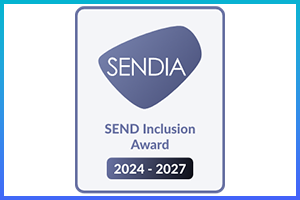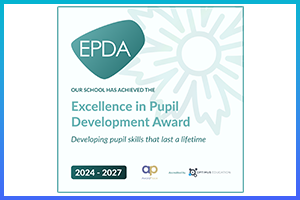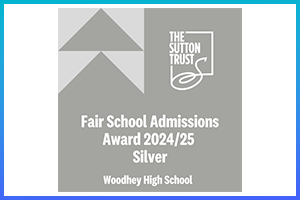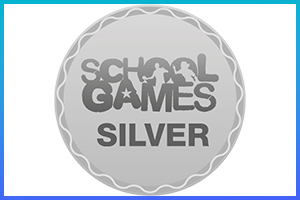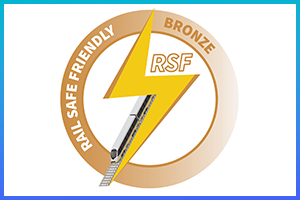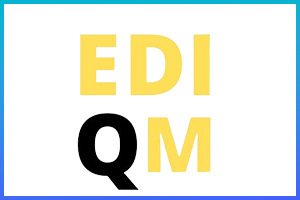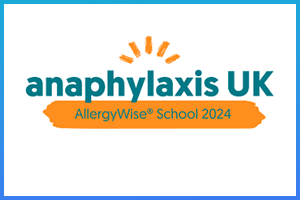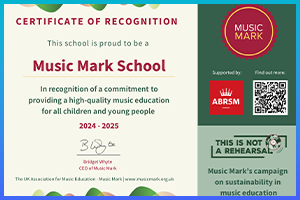All pupils at Woodhey High School have an equal entitlement to quality Careers Education, Information, Advice and Guidance (CEIAG). This serves to prepare students for choices and transitions impacting their future education, training and employment. We adhere to the Statutory Guidance to schools (January 2018), the Inspiring IAG Code of practice and are working towards the Gatsby benchmarks and the Quality in Careers Standard, as delivered by Inspiring IAG.
Woodhey Careers Lead is Mrs C. Lomax
Contact Mrs Lomax:
Email: careers@woodhey.set.org
Tel: 01706 825215 (option 6)
Implementation and delivery
Our CEIAG provision is delivered in a range of ways:
- Through PSHE lessons, delivered once per fortnight by form tutors. CEIAG has been built into the new PSHE curriculum, with specific areas devoted to careers education.
- Through subject lessons, built into their curriculum.
- External speakers during form time, assemblies and special events are scheduled to come in and discuss with students the opportunities that certain careers pathways allow them.
- Advertisement of enterprise events and open days.
- One-to-one careers advisor interviews for each student at Key Stage 4.
- A Careers Fair and speed networking events hosted in school.
- Work experience
Partnerships, Parents and Carers
- Parental/carer involvement is encouraged at all stages of CEIAG.
- This is promoted through the school twitter account, website (including Careers News) and letters home.
- Usually, parents and businesses within the local community are welcome to give presentations to students at certain key points throughout the year to help them understand the broad career opportunities that Ramsbottom and Bury have available.
- The CEIAG programme is greatly enhanced through links with our local partners who help us make student learning accessible and up-to-date. As well as the links with our external IAG provider, we constantly strive to expand and improve our links with employers and other local community groups
- Our partners also include links to colleges and training providers from around the local area, who will regularly come into school, giving assemblies, handing our information and provide application help guidance at lunchtime events.
Monitoring and Evaluation
- The Careers Lead, Mrs Lomax, is responsible for reviewing and updating CEIAG at Woodhey High School.
- This is conducted through learning walks, lesson observations, pupil voice and through our partnership agreement with the external IAG provider (reviewed annually).
- All external partners are asked for feedback following any delivery or participation in CEIAG activities.
- In addition, careers lessons built into our PSHE curriculum are quality assured termly by the Careers Lead
Our next review of our careers provision will take place in July 2024 in preparation for delivery from September 2024.
Useful Iinks:
Parents' Toolkit for career conversations:
A parents' toolkit for career conversations (talkingfutures.org.uk)
Local Market information - Key roles and employers in Greater Manchester:
Different Careers Pathways:
HOME | MYPATH Careers Resources (mypathcareersuk.com)
Career Sectors Information
Destinations Report 2023
This Destinations 2023 Report is based on the outcomes from the 2023 Activity Survey.
This survey is conducted each year and provides a valuable insight into the decisions made by young people as they move out of compulsory education. The data in this publication represents a ‘snapshot’ of their destinations during October/November 2023.
Destination Report
Post-16 Advice, Guidance & Careers
During their time in Key stage 4, learners are offered a wealth of information and advice regarding their post-16 choices. With government requirements, all learners must remain in education or employment with training until the age of 18.
For further information on post-16 options, take a look at the guides below to learn more about the different pathways learners could take after leaving school, whether it be studying A Levels, T-Levels, BTECS or going onto an Apprenticeship.
The eight Gatsby benchmarks are a framework for good career guidance developed to support schools in providing students with the best possible careers education, information and advice. The table below gives a brief summary and criteria of each of the benchmarks.
A Compass+ review is carried out termly in conjunction with GMCA to evaluate which benchmarks schools have achieved/working towards. We are proud to announce that Woodhey High School have achieved all eight benchmarks and going forward will continue to offer high quality IAG in order to maintain this.
| Benchmark | Summary | Criteria |
|---|---|---|
| A STABLE CAREERS PROGRAMME | Every school and college should have an embedded programme of career education and guidance that is known and understood by pupils, parents, teachers and employers | Every school should have a stable, structured careers programme that has the explicit backing of the senior management team, and has an identified and appropriately trained person responsible for it. The careers programme should be published on the school’s website in a way that enables pupils, parents, teachers and employers to access and understand it. The programme should be regularly evaluated with feedback from pupils, parents, teachers and employers as part of the evaluation process. |
| LEARNING FROM CAREER AND LABOUR MARKET INFORMATION | Every pupil, and their parents, should have access to good quality information about future study options and labour market opportunities. They will need the support of an informed adviser to make the best use of available information. | By the age of 14, all pupils should have accessed and used information about career paths and the labour market to inform their own decisions on study options. Parents should be encouraged to access and use information about labour markets and future study options to inform their support to their children. |
| ADDRESSING THE NEEDS OF EACH PUPIL | Pupils have different career guidance needs at different stages. Opportunities for advice and support need to be tailored to the needs of each pupil. A school’s careers programme should embed equality and diversity considerations throughout. | A school’s careers programme should actively seek to challenge stereotypical thinking and raise aspirations. Schools should keep systematic records of the individual advice given to each pupil, and subsequent agreed decisions. All pupils should have access to these records to support their career development. Schools should collect and maintain accurate data for each pupil on their education, training or employment destinations for at least three years after they leave the school. |
| LINKING CURRICULUM LEARNING TO CAREERS | All teachers should link curriculum learning with careers. For example, STEM subject teachers should highlight the relevance of STEM subjects for a wide range of career pathways. | By the age of 14, every pupil should have had the opportunity to learn how the different STEM subjects help people to gain entry to, and be more effective workers within, a wide range of careers. |
| ENCOUNTERS WITH EMPLOYERS AND EMPLOYEES | Every pupil should have multiple opportunities to learn from employers about work, employment and the skills that are valued in the workplace. This can be through a range of enrichment opportunities including visiting speakers, mentoring and enterprise schemes. | Every year, from the age of 11, pupils should participate in at least one meaningful encounter*with an employer. *A ‘meaningful encounter’ is one in which the student has an opportunity to learn about what work is like or what it takes to be successful in the workplace. |
| EXPERIENCE OF WORKPLACES | Every pupil should have first-hand experiences of the workplace through work visits, work shadowing and/or work experience to help their exploration of career opportunities, and expand their networks. | By the age of 16, every pupil should have had at least one experience of a workplace, additional to any part-time jobs they may have. By the age of 18, every pupil should have had one further such experience, additional to any part-time jobs they may have. |
| ENCOUNTERS WITH FURTHER AND HIGHER EDUCATION | All pupils should understand the full range of learning opportunities that are available to them. This includes both academic and vocational routes and learning in schools, colleges, universities and in the workplace. | By the age of 16, every pupil should have had a meaningful encounter* with providers of the full range of learning opportunities, including sixth forms, colleges, universities and apprenticeship providers. This should include the opportunity to meet both staff and pupils. By the age of 18, all pupils who are considering applying for university should have had at least two visits to universities to meet staff and pupils. * A ‘meaningful encounter’ is one in which the student has an opportunity to explore what it is like to learn in that environment. |
| PERSONAL GUIDANCE | Every pupil should have opportunities for guidance interviews with a Careers Adviser, who could be internal (a member of school staff) or external, provided they are trained to an appropriate level. These should be available whenever significant study or career choices are being made. They should be expected for all pupils but should be timed to meet their individual needs. | Every pupil should have at least one such interview by the age of 16, and the opportunity for a further interview by the age of 18. |




